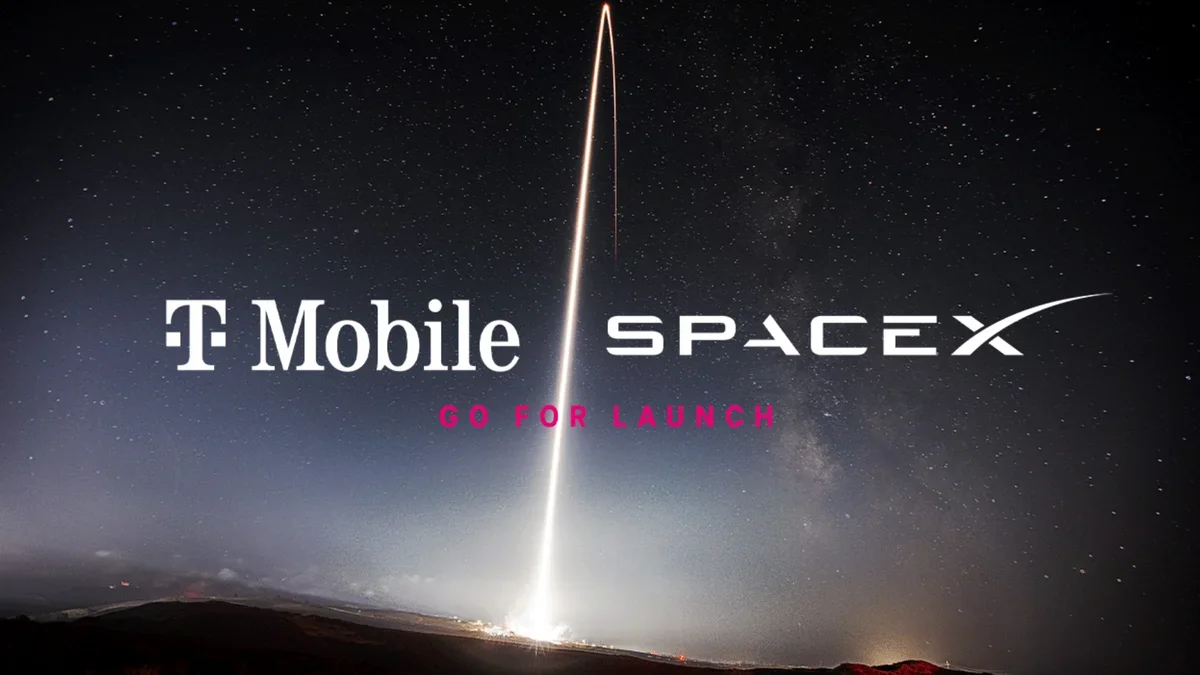Shortly after witnessing the ten thousandth Starlink satellite ascend into the sky, several EU companies finally woke up to the reality of 2025 and decided to act.
There is information that European aerospace giants such as Airbus, Thales and Leonardo could one day collaborate and pool their satellite manufacturing operations.
Almost everyone says that this is intended to rival Elon Musk and his company Starlink, which not long ago launched direct-to-mobile service. T-Satellite service with T-Mobile.
“Project Bromo”, brother

It’s nice to have connectivity, even outdoors. | Image credit: T-Mobile
Europe is therefore planning a major restructuring of its satellite industry. The $11.6 billion merger would unite the satellite divisions of Airbus, Thales and Leonardo. Apparently it’s called (for now) Project Bromo, which sounds like broccoli haircut youth slang, but it is what it is.
The goal is to create a stronger, more efficient giant company that can compete with global operators such as SpaceX, Amazon Kuiper and China’s LEO satellite networks. By joining forces, the new company aims to make satellites more affordable, build them faster and give Europe a stronger position in the growing global space market.
You know, Europe desperately needs some kind of major project to work on, as it is often seen as a laggard in the big tech game, since the Old Continent can’t really boast of having, say, a social network or any substantial AI model. On top of that, the EU has also not made any impact on the EV front.
Direct mobile services in Europe?
The Bromo Project will attempt to more efficiently drive the development and management of sensitive defense and communications technologies in Europe.
The merged company would likely be based in France. The negotiations have faced challenges over ownership, governance and work allocation, but progress is being made and political support from France, Italy and Germany is reportedly favorable.
If something like T-Satellite is developed in the EU, it won’t do any harm. For now, several European operators are exploring satellite-to-mobile services using satellites other than SpaceX.
Vodafone has partnered with AST SpaceMobile to provide direct-to-device connectivity across Europe, aiming to achieve full geographic coverage by 2026. Orange has partnered with Telesat to integrate its Lightspeed LEO satellites into broadband services, while Luxembourg-based OQ Technology is developing a network of LEO satellites to 5G messaging and emergency alerts.
T-Satellite Updates
As we told you recently, Newly supported apps on T-Satellite include satellite-ready versions of AccuWeather, WhatsApp, AllTrails and CalTopo, offering essential communication and navigation tools for outdoor use. Businesses can also benefit through applications such as Dialpad, FLORIAN, MultiLine and T-Mobile Direct Connect, which allows communication in remote regions.
Available for both Android and iOS, T-Satellite is free for some T-Mobile plans and costs $10 monthly for others, including Verizon and AT&T users. The expansion comes shortly after the service launched, with T-Mobile To say that the first feedback has exceeded expectations and that T-Satellite has already proven to be vital in real life rescues.

